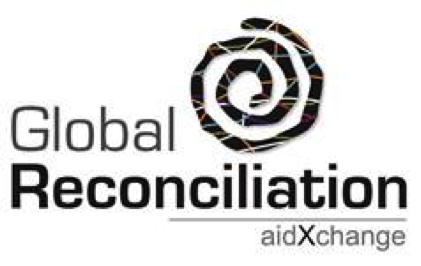aidXchange
A community for cross-border partnerships and support.
Powered by the DEX online services platform.
About aidXchange
aidXchange is a collaborative program led by Global Reconciliation to provide a worldwide platform to facilitate the development and conduct of partnerships to support humanitarian causes. The project is non-aligned and non-political and does not provide support for governments or political regimes of any complexion.
Utilising an online platform, aidXchange provides a framework for members to come together to share and develop skills to address common needs. Members can approach each other or can rely on the platform to suggest matches based on shared interests and capacities.
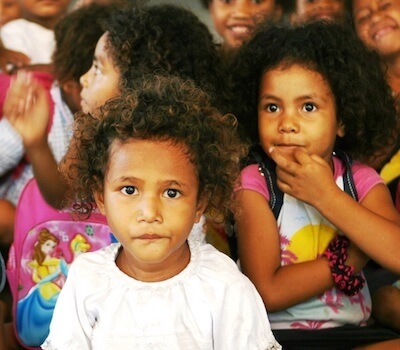

Our Objectives
aidXchange supports global civil citizenship. Individuals and groups from around the world share skills and expertise and work together to create opportunities and to improve the lives of their communities. It is our hope that the formation of such partnerships will contribute to mutual learning and teaching experiences for all parties.

Our People
aidXchange was conceived by the Australia-based international organisation Global Reconciliation. Global Reconciliation is an ambitious, innovative, network of people and organisations around the world seeking to research and promote 'reconciliation' - that is, dialogue and practical engagements across cultural, religious, political, gender and other kinds of difference.
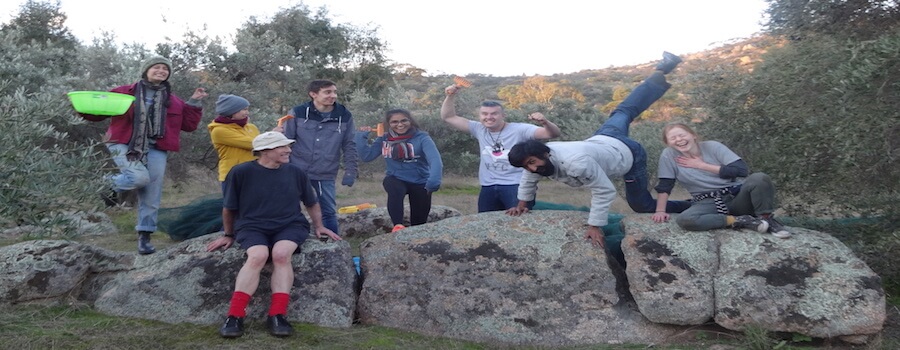
Our Funding
aidXchange and Global Reconciliation are not primarily funding agencies. Indeed, we believe that conventional funding relationships in the aid and humanitarian sectors often do more harm than good by perpetuating hierarchical relationships, limiting the decision-making capacity of local communities and, in some cases, feeding corruption. Instead, our focus is on partnerships with defined objectives and clear outcomes.
aidXchange does from time to time help provide material support to the participants in a partnership. This support can take the form of assistance with securing grant funding or the direct transfer of modest sums to enable particular projects to proceed.
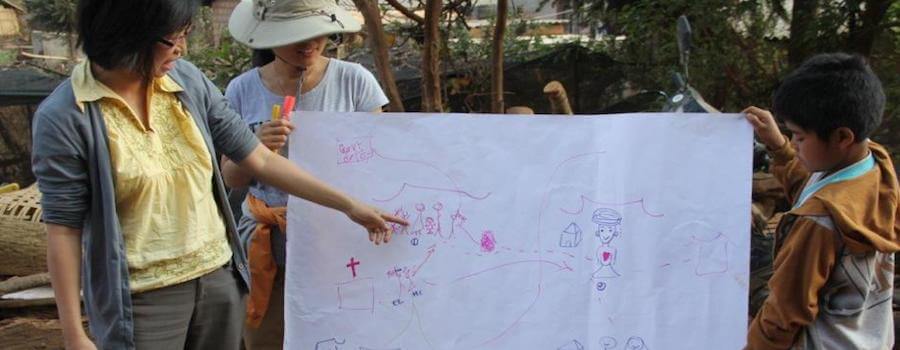
What is reconciliation?
“Reconciliation” refers to the “promotion of communication and dialogue across difference”. Here, differences can refer to culture, gender, religion, political orientation, philosophical perspective or any other issues or themes that can be used to limit or obstruct communication.
From the reconciliation perspective differences are not the obstacles to communication but their condition of possibility. Indeed, it is out of the differences between individuals or between individuals and social groups that creative new possibilities arise. It is therefore not our aim to “eliminate” difference, as in the practice of “conflict resolution”. Instead, we try to preserve and honour difference and to draw on it as an unending resource.
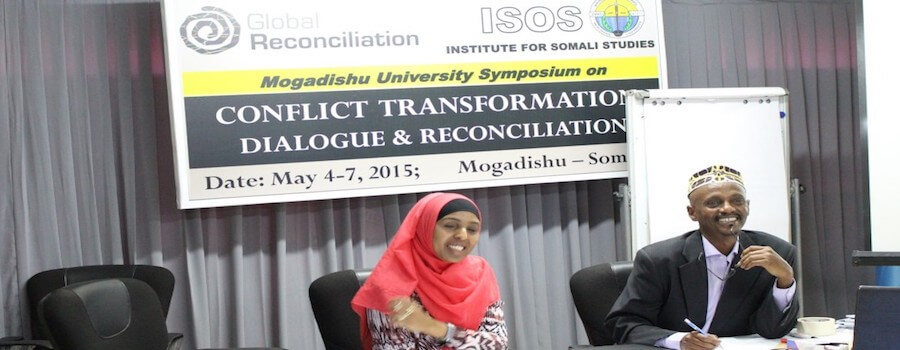
How aidXchange works
aidXchange is an online platform that fosters civil society partnerships in response to humanitarian or development needs. Our approach draws on the experience of “shared economy” models of enterprise, linked with an appreciation of the limits of many current foreign and humanitarian aid programs.
Participants develop project plans with the help of trained independent facilitators. Projects, which are established in areas such as healthcare, gender, children, sport, environment, spirituality and the arts, can involve the shared development of physical goods, text or audio-visual materials, such as visual art, videos, music, poetry, and story-telling, or the provision of educational or other services. They may be self-funded, or supported by donations or micro-funding contributions facilitated through the aidXchange platform.
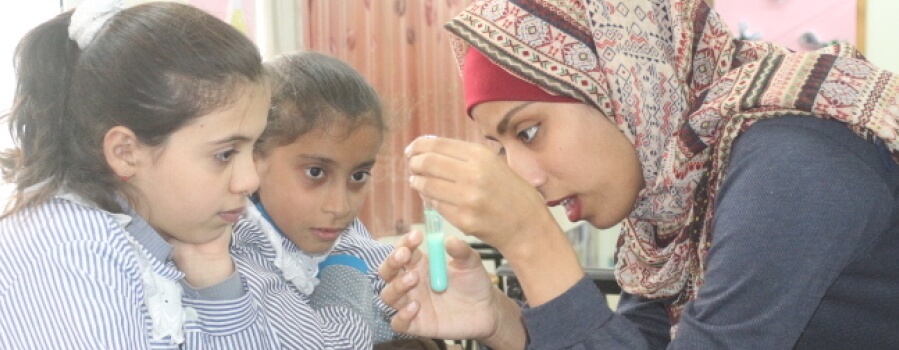
What is our code of conduct?
aidXchange requires participants to observe a code of conduct, which can be found here. In brief, the code requires that participants engage each other according to the ethical principle the guide the respectful conduct of communication and dialogue.
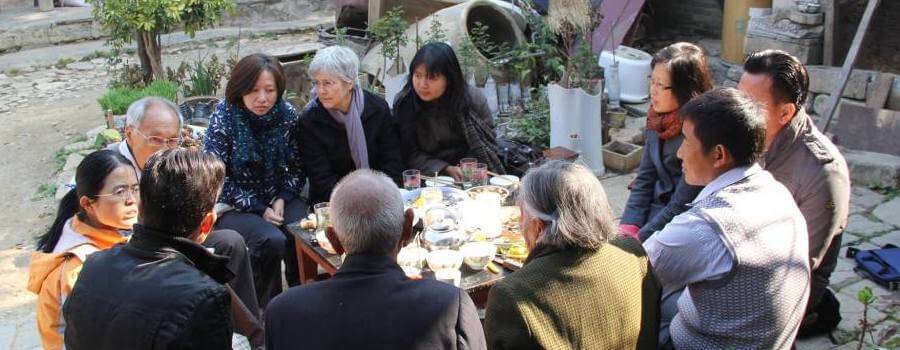
What are our core values?
There are three core clusters of values underlying the reconciliation project, which we summarise here as “respect for difference”, “responsibility” and “magnanimity”. There are other ways of referring to these values, which overlap with many others. We see the clusters as points of reference, to be negotiated in relation to local circumstances, rather than as principles to be implemented or as standards of judgment.
Respect for difference
“Respect for difference” refers to the recognition that the differences between us—in culture, gender, political affiliations, religious beliefs etc.—constitute the source of the richness of human
interactions and the origin of all new meaning. An acknowledgment of the specific integrity of another person’s way of understanding the world is the fundamental starting point for all ethical exchanges.
Responsibility
Just as we accept difference we recognise the ties that bind us to each other. Indeed, it is these ties that are most primordial, that define us as human, that logically and ethically precede all other
constructions of meaning. We are bound to each other as ethical subjects before we create knowledge or theorise about the world of people and things.
Magnanimity
Sometimes referred to a “generosity”, “openness” or “hospitality”, magnanimity is the active principle according to which we move between responsibility and difference. This is the disposition that allows
us to make contact across the gap that separates us, to make a leap from one way of experiencing or understanding the world to another. Magnanimity is the moment at which we interrupt our personal biases
and habits and make ourselves vulnerable to another person, to allow the bonds of responsibility to be exposed to the play of differences, so that we too can see the world a little differently.
The aidXchange program is founded on these three clusters of values. We recognise that practical circumstances—including those characterised by systems of exploitation, inequality, injustice and lack of compassion—need to be changed to allow the blockages to their realisation to be overcome. However, it is our conviction that the struggle for such change itself requires, and depends upon, a shared ethical foundation that incorporates these ideas.
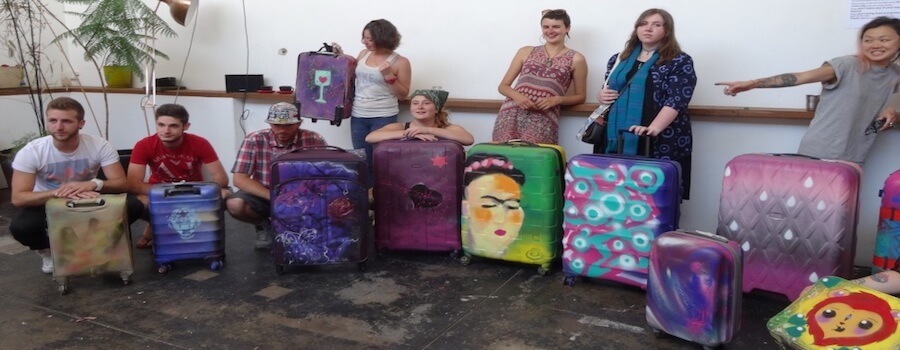
Protocols for conducting activities
In order to facilitate effective and satisfying meetings, aidXchange recommends that an agreed protocol be followed. We suggest the following steps as a guide.
Protocol for online meetings:
1. The project generates an invitation to various parties asking if they would like to join a conversation with another party.
2. If the parties agree an invitation is sent to set up a conversation.
3. The identities of the parties are disclosed to each other with their permission.
4. A facilitator is appointed by the project who contacts the parties introducing himself or herself and outlining how the conversation will proceed.
5. Parties are asked to attend punctually at the appointed time and to sign on with the addresses provided.
6. The facilitator introduces himself or herself and summarised the expectations of the meeting.
7. Permissions and consents are provided where appropriate and where children are involved permission from parents or guardians for them to attend is obtained.
8. The confidentiality of the conversation is emphasized and agreed.
9. The participating parties are then asked to introduce themselves one by one, explaining their interest in the project and what capacities they bring and what needs they week to address.
10. The facilitator initiates a conversation about possible joint activities, drawing on the profiles and known interests of the parties.
11. Free discussion ensues about possible joint activities.
12. The facilitator proposes a decision on one or more specific activities to which the partnership may aspire.
13. The parties discuss specific activities and agree on priorities.
14. The facilitator leads discussion on practical requirements and time-lines.
15. A discussion ensues about possible resource needs.
16. A process is agreed to in order to complete a project proposal to be submitted to aidXchange, including reporting processes.
17. A decision is made about the next meeting.
18. The facilitator offers the parties an opportunity to make closing comments.
19. The facilitator closes the meeting.
20. The facilitator submits a summary of the meeting to aidXchange, including a note regarding the follow-up meeting (for which a reminder will be sent).
Protocol for requests for funding support:
Small amounts of funding may be provided to support specific activities. The process for applying for such support is as follows:
1. A project proposal is submitted to aidXchange, with time-lines and reporting requirements.
2. A follow-up meeting is held to confirm commitment to project and activity and to develop a budget for the activity.
3. An application is submitted for funding support.
4. The recipient parties will be required to provide identification and bank account details as required by international standards.
5. Payments may be made by instalments. If this is the case, reports will be required prior to the payment of a subsequent instalment.
6. At the conclusion of the project a report must be submitted with details about the outcomes of the project, including materials for posting on a public website, unless otherwise agreed.
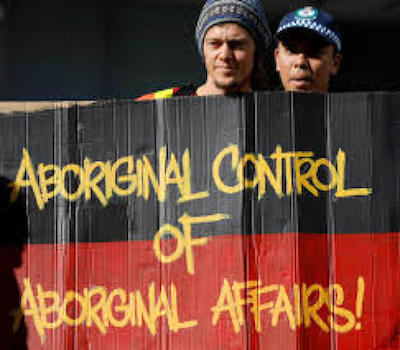
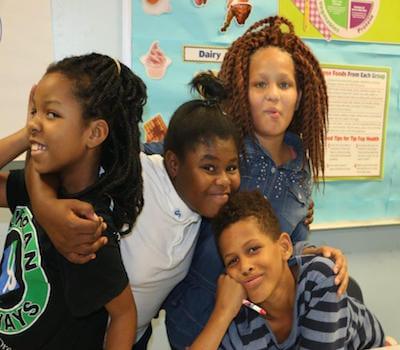
partners
While aidXchange itself operates on a not for profit basis it welcomes organisations and their members who follow other economic models.
Membership of aidXchange is open to individuals and organisations with an interest in working to address needs and enhance capacities in communities around the world.
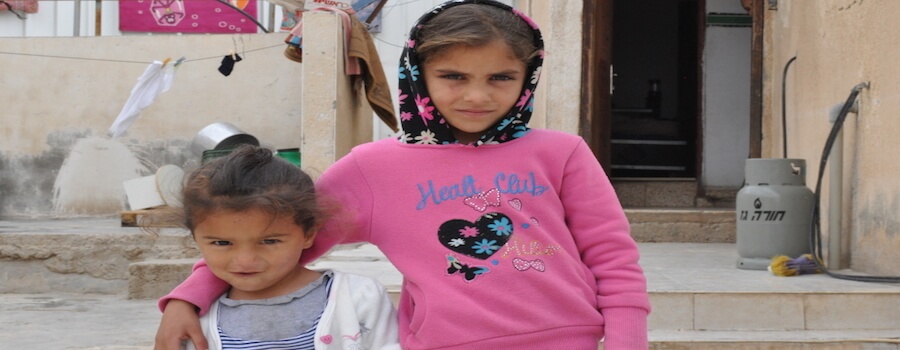
members
Our partners include, but are not limited to:
- community-based groups,
- academic institutions,
- professional associations,
- health organisations,
- arts organisations,
- sporting organisations,
- human rights groups,
- providers of humanitarian and development assistance,
- environmental protection groups,
- religious organisations,
- advocates for social justice,
and the individual members of any of these groups.
While aidXchange itself operates on a not for profit basis it welcomes organisations and their members who follow other economic models.
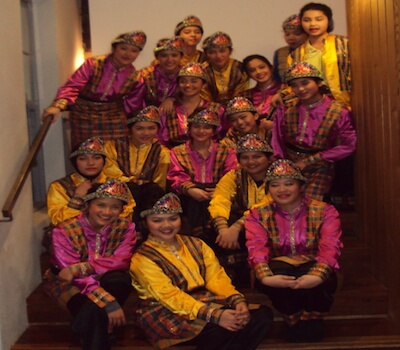
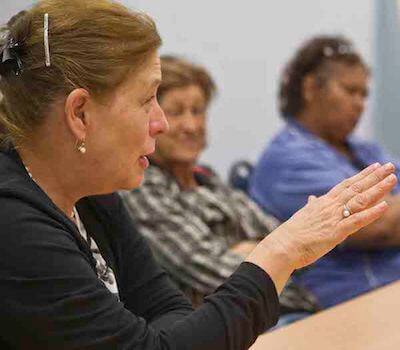
political groups
aidXchange does not support any particular political group or organisation but rather encourages—and seeks to provide a safe framework for—dialogue between people with differing perspectives.
Accordingly, members of political parties are welcome. All we require is that anyone who joins our organisation acts in accordance with the values and principles of mutual respect, openness to talking and listening, commitment to democratic decision-making processes, and rejection of discrimination on the basis of race, gender, religion or cultural beliefs.
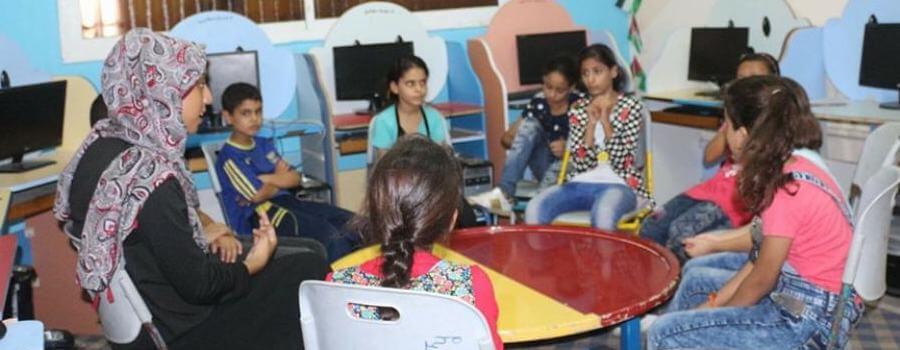
what is DEX™
DIGITAL ELECTRONIC EXCHANGE (DEX)
on-line
ALWAYS AVAILABLE
services are delivered online and available on any device
... all just a click away
read more -->
distributed
GLOBAL DISTRIBUTION
cloud based infrastructure with localised delivery and global distribution
... all just a click away
read more -->
democratised
EASILY ACCESSIBLE
services are freely available and accessible to all community members
... all just a click away
read more -->
disruptive
UNIQUE INNOVATION
innovative service delivery platform has built in community benefits
... all just a click away
read more -->
why use DEX™
MEMBER SERVICES FOR COMMUNITY BENEFITS
solutions
CUSTOMISED WORK FLOWS
easy access to all community based content and tools
... all just a click away
read more -->
services
MEMBER SPECIFIC
unique, sophisticated technology that aggregates thousands of services
... all just a click away
read more -->
functionality
FUNCTIONAL USABILITY
customised for communities and common interest groups
... all just a click away
read more -->
simplicity
INTUITIVE PROCESS
navigation process requires minimal training to master all functions
... all just a click away
read more -->
DEX functionality
1 ONLINE SITE ... 5 BUTTONS ... 1,000+ SERVICES
COMMUNITY ... 'TO BELONG'

Your COMMUNITY content is provided in one easy to find convenient location.
Staying involved with your community has never been easier.
read more -->
ACTIVITIES ... 'TO DO'

Your community and personal ACTIVITIES are provided in one easy to find and convenient location.
Participating in activities with your community has never been easier.
read more -->
PROJECTS ... 'TO FIND'

Your PROJECTSof information is
provided in one easy to find convenient location.
Access to your community projects information and knowledge base has never been easier.
read more -->
TOOLS ... 'TO USE'

The TOOLS to communicate and to network
are provided in one easy to find and convenient location.
Staying networked with your community has never been easier.
read more -->
SERVICES ... 'TO ACTIVATE'

Your community and personal SERVICES
requirements are provided in one easy to find and convenient location.
Staying informed with your community has never been easier.
read more -->
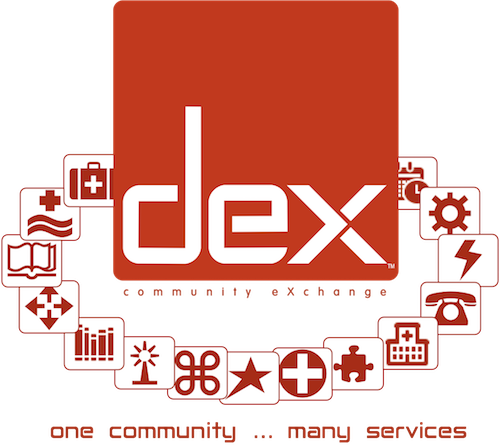
aidXchange
a community for cross-border partnerships and support
